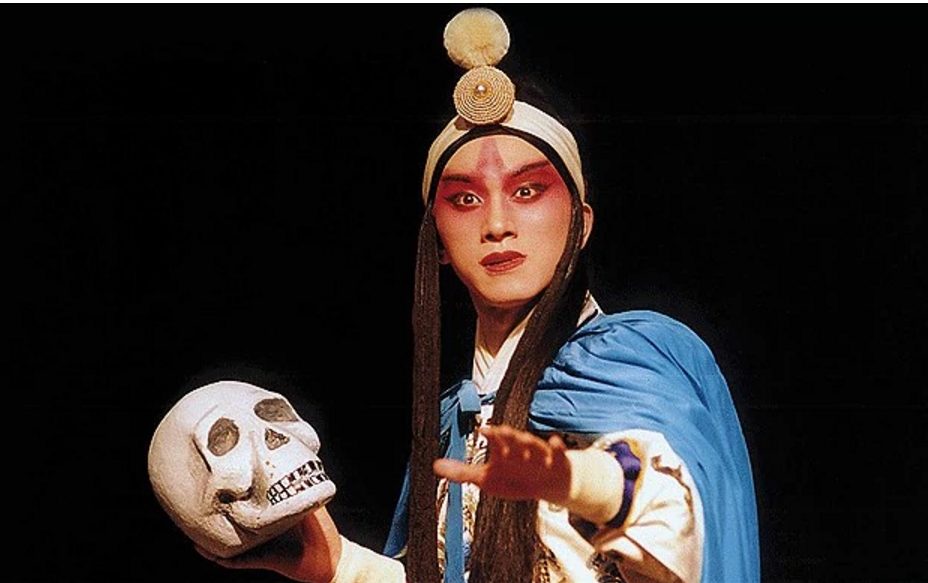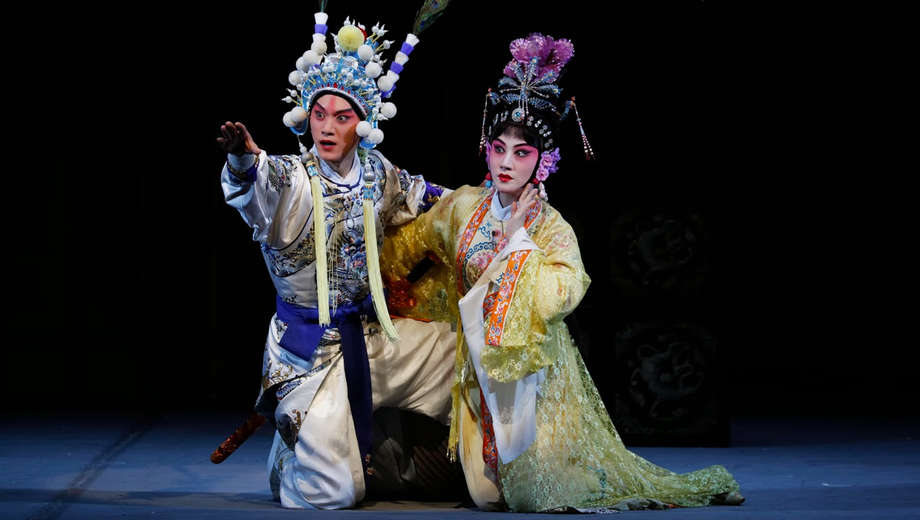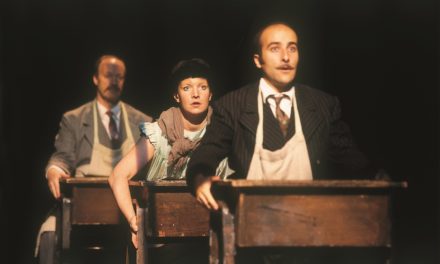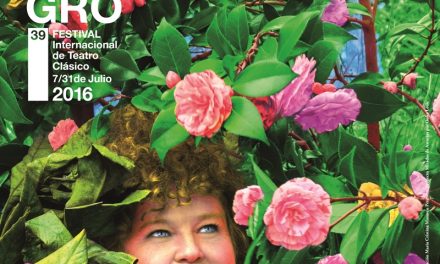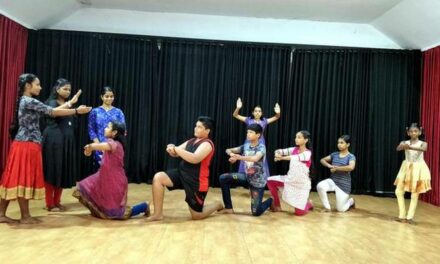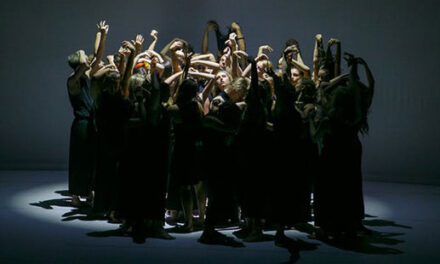Internationally renowned Shanghai Jingju Theatre Company transforms Shakespeare’s Hamlet into one of China’s most impressive forms of traditional art. As in the original, in The Revenge of Prince Zi Dan, the prince is visited by the ghost of his father and called to seek revenge for the king’s unjust death. Prince Zi Dan meditates on the nature of life versus death, art versus reality and fate versus choice. The Peking opera follows Chinese dramatic aesthetics, including music, vocal performance, mime, dance and acrobatics. The show was shown at the Edinburg Festival in 2011. Commenting on the show at that time, The Guardian wrote:
It feels both exotic and familiar, ancient and strangely modern, and though this is a show that defies all western theatrical traditions, its strangeness becomes compelling. Shi Yukun’s staging is clean and spare, allowing the rich rituals of the Peking opera tradition to flourish.
The show was specifically designed to make the opera accessible to the Wester audiences. “We specifically designed this play for foreign audiences,” said Feng Gang, the writer, in The Telegraph. “We want to take Chinese opera overseas, but our traditional plays, while very eye-catching, were incomprehensible to foreigners. We Chinese do a lot of homework before going to see Wagner, or a Western ballet,” says Feng. “My advice for Western audiences is to spend some time doing their own research, then they will understand the opera more fully.”
As a prominent art company in China, Shanghai Jingju Company, established in March 1955, is one of ten national key Peking opera troupes entitled by China Ministry of Culture. Zhou Xinfang, the first president, who was a famous Peking Opera master himself.
For more than half the century, fed by the special humanistic atmosphere, Shanghai Jingju Company has formed its unique art style and made itself a top culture troupe with a wealth of talents and numerous plays. Nowadays, Shanghai Jingju Company not only inherits and follows traditional spirits of Jingju but makes every effort possible to combine modernity and tradition with the mission of popularizing Jingju and developing larger performance markets.
Get ready for a fresh vision in this exciting tale of vengeance and loyalty set in the fictitious ancient Chinese Red City.
Performed next at Chicago’s Harris Theater for Music and Dance in Millennium Park hosts the international Peking opera troupe on September 28 and 29.
This post was written by the author in their personal capacity.The opinions expressed in this article are the author’s own and do not reflect the view of The Theatre Times, their staff or collaborators.
This post was written by The Theatre Times.
The views expressed here belong to the author and do not necessarily reflect our views and opinions.

